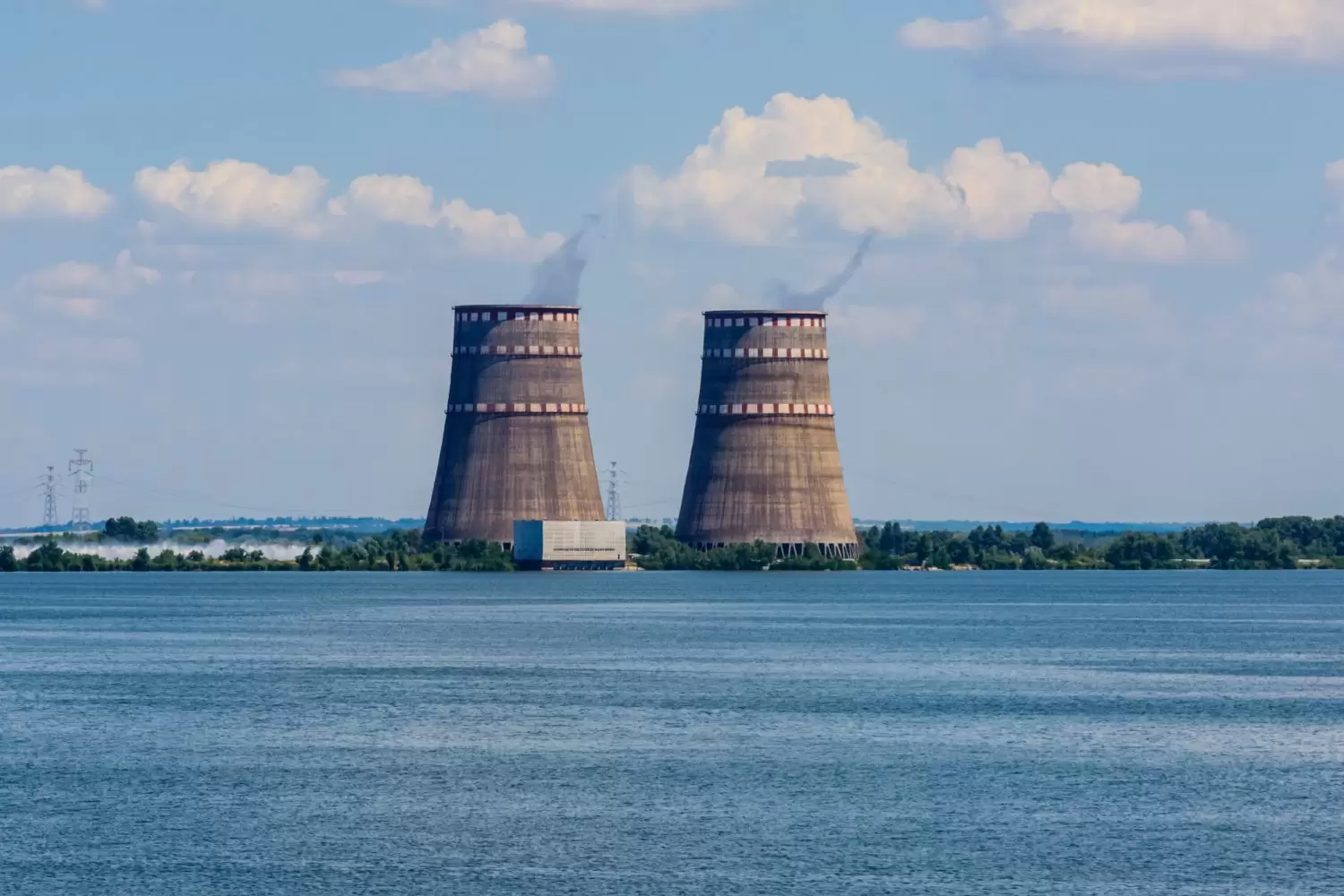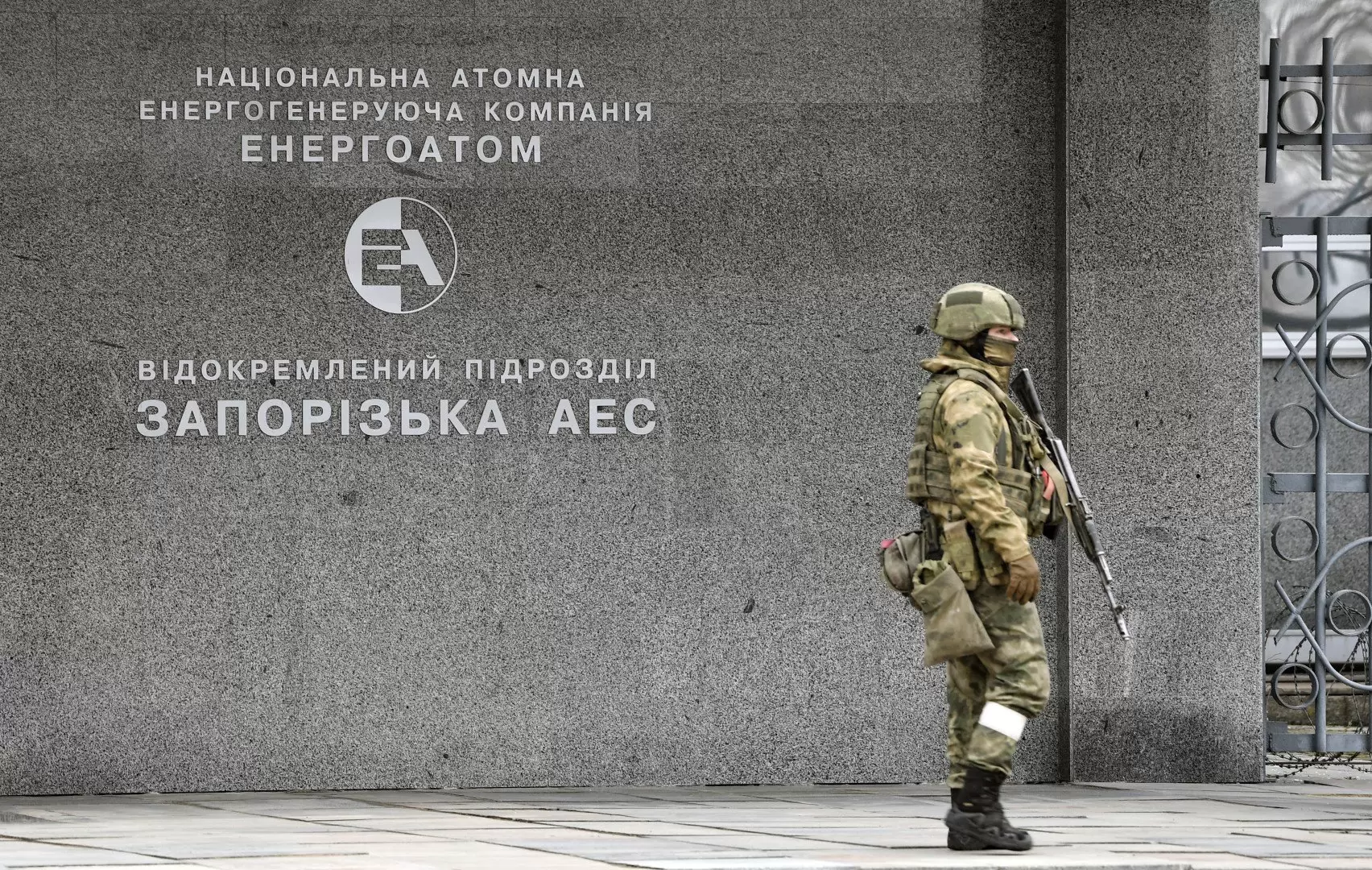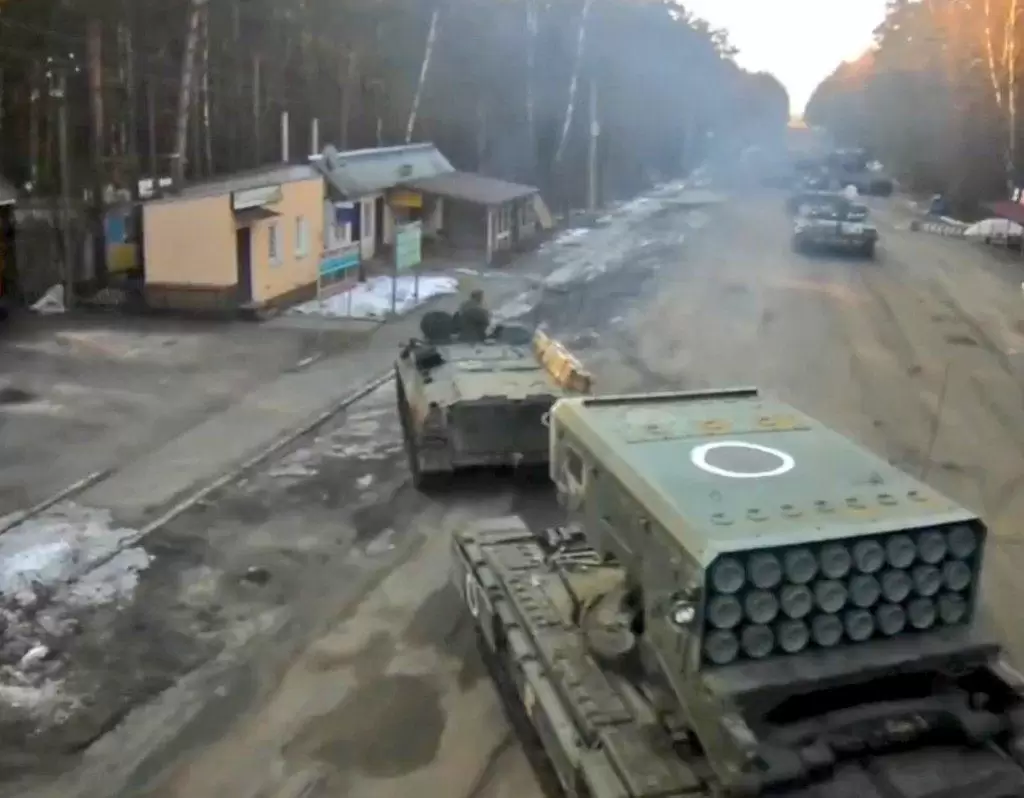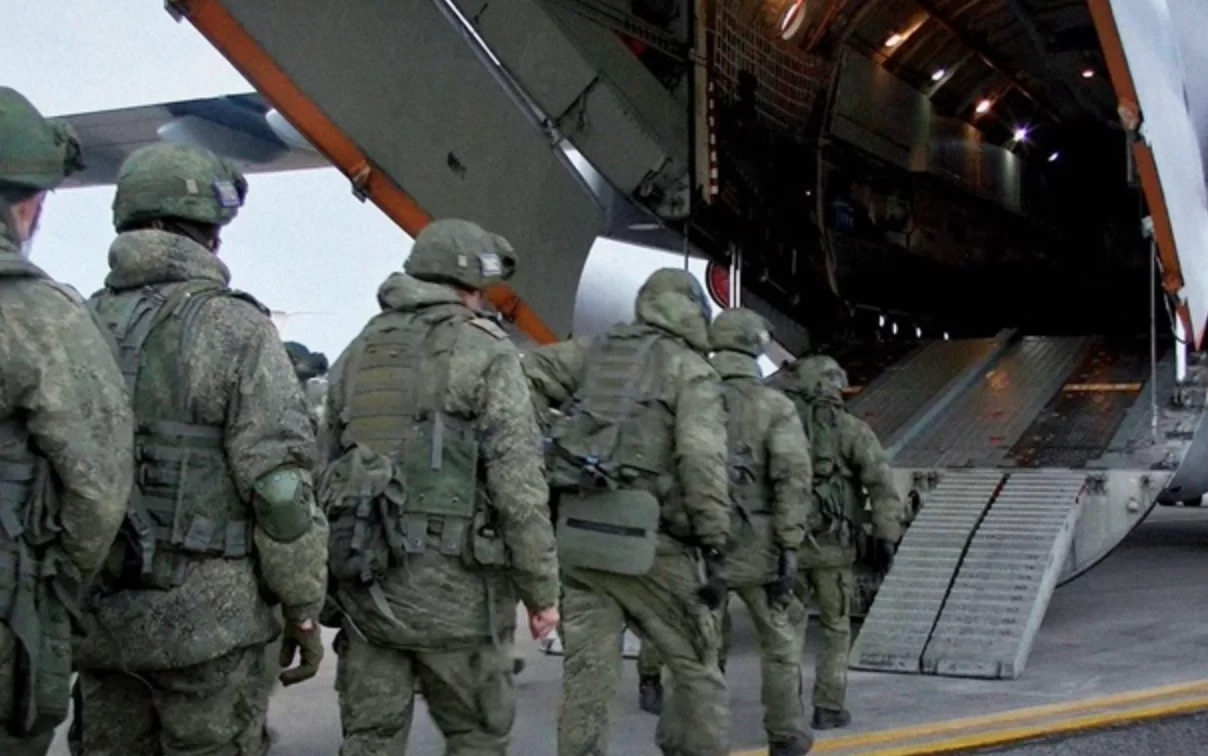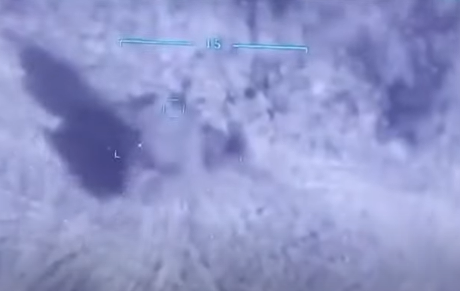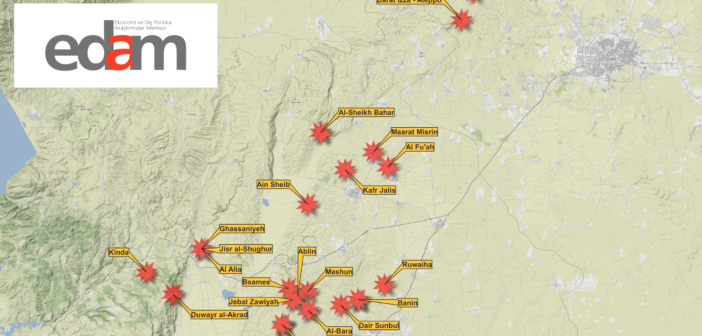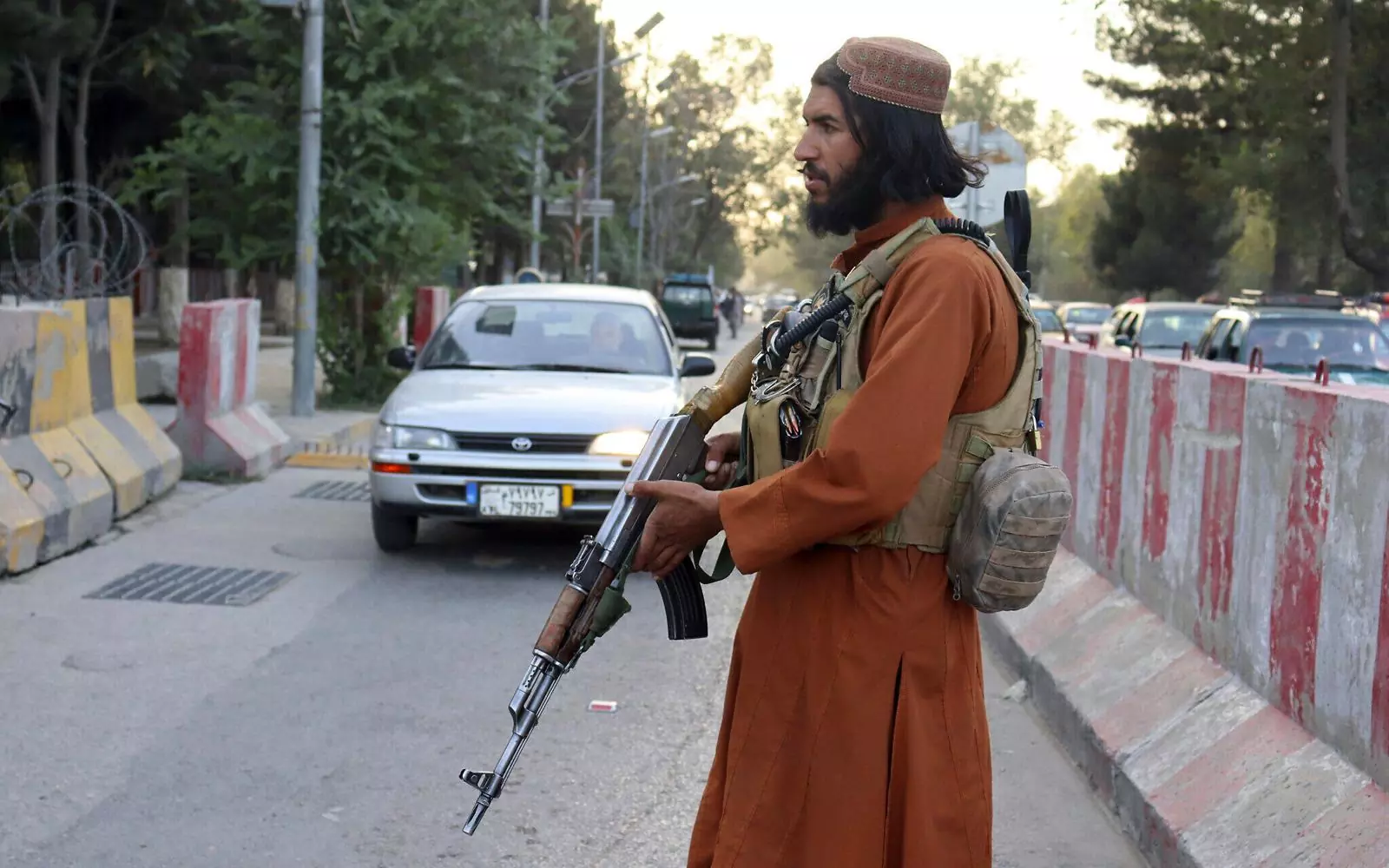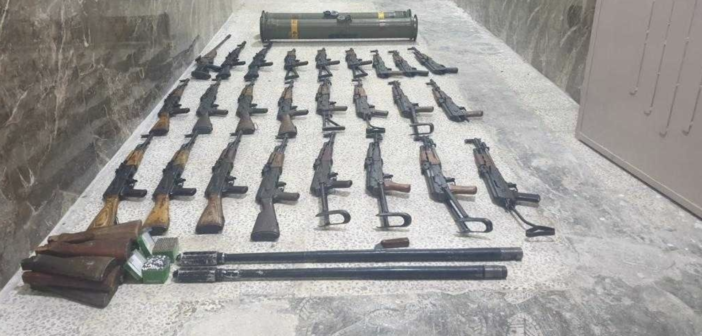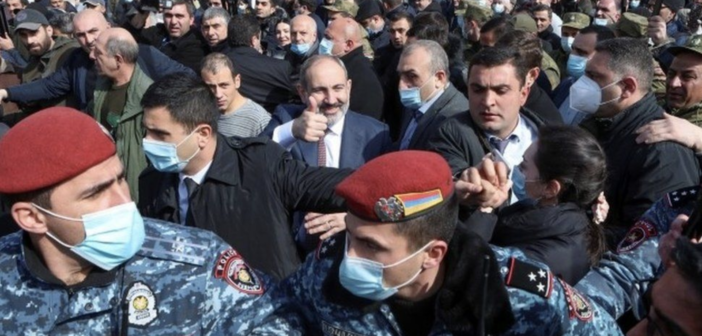
What Happened?
On February 25, 2021, a group of top commanders of the Armenian military demanded the resignation of Prime Minister Nikol Pashinyan upon the nation’s heavy defeat in the hands of the Azerbaijani Armed Forces in the recent Karabakh War.
PM Pashinyan, calling the move a coup attempt, has gathered his supporters to pursue a firm political resistance against the hardliners at the Armenian security establishment. In the meantime, the military has not stepped back. Armenia is on the brink of serious developments.
Causes and Drivers of the Coup Attempt
- The defeat against the Azerbaijani Armed Forces in the Nagorno-Karabakh War, along with the agreement that Prime Minister Pashinyan was forced to sign, have together sparked harsh reactions among the Armenian hawkish figures in the military.
- Pro-Western stance of Prime Minister Pashinyan remains yet another factor causing uneasiness within the traditional Armenian security apparatus, which has a distinctive Soviet-Russian strategic cultural orientation, as well as organic ties to the Armed Forces of the Russian Federation.
- In essence, PM Pashinyan took his office with a popular movement. In the eyes of the Kremlin, such a rise to power in the former Soviet space has been unacceptable since the outset.
- The military alliance between Turkey and Azerbaijan has achieved tangible geopolitical gains, exacerbating concerns both in Moscow and Yerevan. The Armenian defense & security elite opts for pursuing a hardliner approach to reverse the momentum. This hawkish and dangerous policy includes preparing for another round of war. In this respect, Armenian generals consider PM Pashinyan to be an obstacle.
Open-Source Intelligence Analysis on the Armenian Coup Attempt
- Although the Russian Federation has not, so far, openly supported the coup, it remains telling that General Tigran Parvanyan, Commander of the Armenian – Russian Joint Group of Forces, was among the generals who called PM Pashinyan to resign. It would be highly unlikely for General Parvanyan to take a stand contrary to Moscow’s political will.
- One of the most critical units, which will determine the course of the coup, is the 5th Corps. Although sub-units of the corps are predominantly deployed outside of the capital, the 5th Corps’ headquarters is in Yerevan. The Commandant of the 5th Corps, General Smbad Grigoryan, is among the signatory generals who called Pashinyan to resign.
- At present, the Armenian Armed Forces seem to be acting mostly with the unity of command in their doctrinal chain. In case the resistance led by Pashinyan could sustain, it can still cause ruptures at the plotter ranks in the coming days. The coup-in-progress has to race against time and hold the momentum to succeed. Therefore, each day and even hour ahead counts.
- The Armenian Armed Forces’ doctrinal order of battle is centered on five corps and the Russian-Armenian Joint Group of Forces established back in 2017. In the days ahead, the corps commandants’ loyalties to General Onik Viktori Gasparyan, the Chief of Staff, will be a major determinant as to the trajectory of the coup attempt.
- If the coup achieves its objectives, Prime Minister Pashinyan might attempt to leave the country with his family and close circles. The Armenian Air Force (or the military aviation branch under the general staff, as appears officially) and the Air Defense Forces will remain critical in this respect. However, at present, the final word on the airspace control in Armenia belongs to the forward-deployed Russian contingent in the country.
- If the coup prevails, Armenia’s next administration will most probably refuse to comply with the outcome of the Karabakh War and the deal signed by PM Pashinyan. Geopolitically, the incumbent military elite can turn Armenia into a highly-militarized, Russian satellite garrison state. Thus, the unfolding putsch can soon trigger a new round of fighting in the Caucasus. Besides, Armenia under the military rule will make an even more suitable harbor for the PKK terrorist organization to bleed Turkey.
CRITICAL COMMANDERS FOR THE TRAJECTORY OF THE COUP ATTEMPT
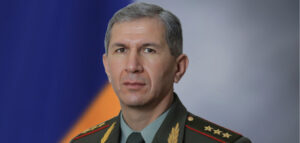 | Colonel General Onik Gasparyan | Chief of Armed Forces General Staff |
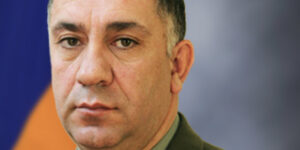 | General Stepan Galstyan | Deputy Chief of Armed Forces General Staff |
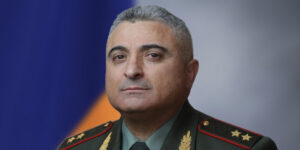 | Lieutenant General Andranik Makaryan | Head of Department of Military Readiness |
 | General Tiran Haçaturyan | First Deputy Chief of Armed Forces General Staff |
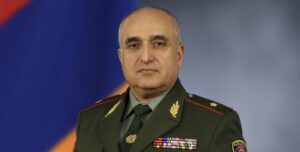 | Major General Arakel Martikyan | Head of the General Staff Intelligence Department |
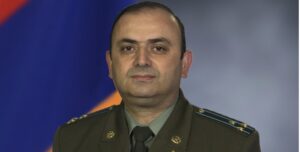 | Colonel Gagik Aslanyan | Head of Military Aviation |
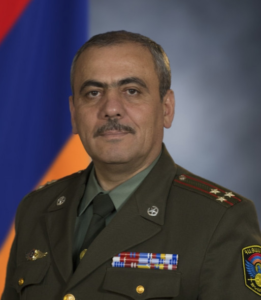 | Major General Albert Baghdasaryan | Head of General Staff Mobilization Department |
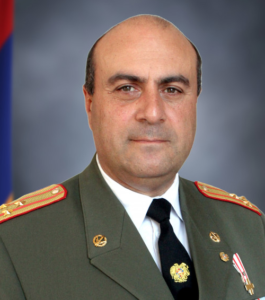 | Colonel Khachatur Khachatryan | Commandant of the Vazgen Sargsyan Military University |
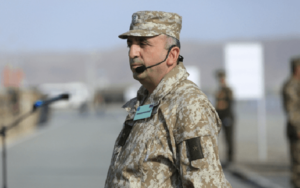 | Lieutenant General Karen Abramyan | Head of the General Staff Operations |
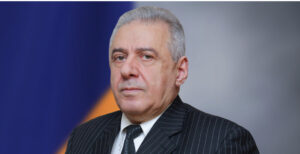 | Vagharshak Harutyunyan | Minister of Defense |
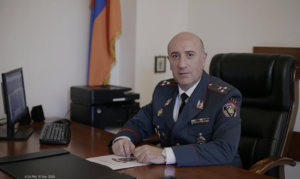 | Arman Sargsyan | Deputy Minister of Defense |
 | General Jirayr Poghosyan | 1st Army Corps Commander |
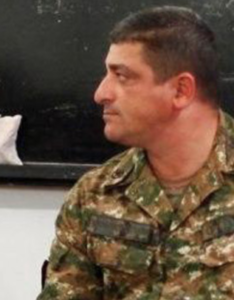 | General Arayik Robertovich Harutyunyan | 2nd Army Corps Commander |
 | General Grigory Hachathurov | 3rd Army Corps Commander |
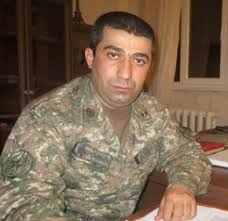 | General Artak Bugadyan | 4th Army Corps Commander |
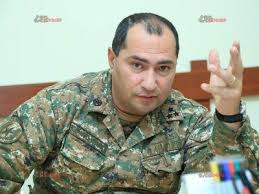 | General Smbad Grigoryan | 5th Army Corps Commander |
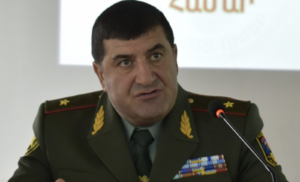 | General Tigran Parvanyan | Commander of the Armenian-Russian Joint Group of Forces |
 | Major General Temur Shahnazaryan | Head of Signal Troops |
| Order of Battle of the Armed Forces of the Republic of Armenia | Headquarters |
| General Staff of RA | Yerevan |
| 1.Army Corps | Goris |
| 2.Army Corps | Khachaghbyur |
| 3.Army Corps | Vanadzor |
| 4.Army Corps | Yeghegnadzor |
| 5.Army Corps | Yerevan – Nubarashen |
| Russian-Armenian Joint Group of Forces | Gyumri |
| Air Force | Chobankara (Armavir) |

